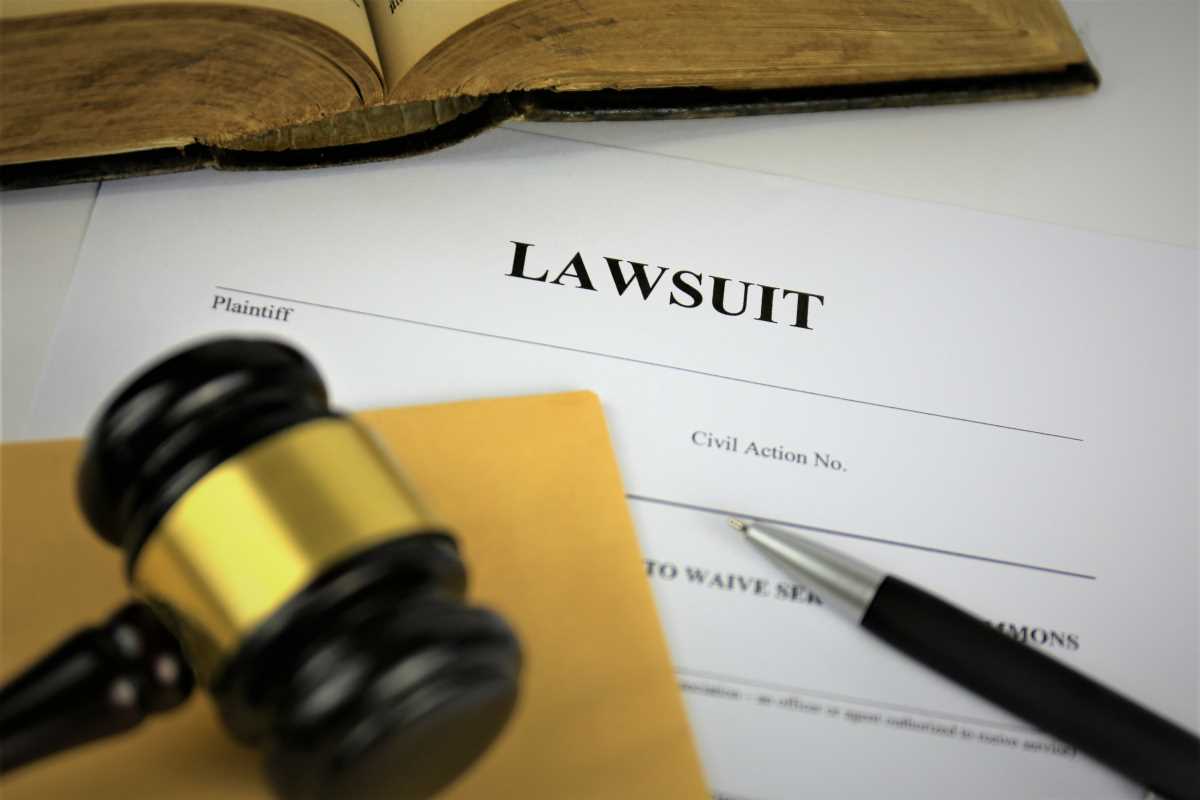Navigating the legal system can be daunting, especially for individuals with limited experience in legal matters. Filing a lawsuit is a significant step, often requiring time, financial resources, and emotional energy. It is not a decision to be taken lightly, as court proceedings can be complex and outcomes unpredictable. Before initiating legal action, it’s vital to thoroughly prepare and explore all your options. With proper preparation, you not only improve your chances of success but also gain a deeper understanding of whether pursuing litigation is the right course of action.
This guide outlines ten essential steps to take before filing a lawsuit. These steps will help you assess the situation, gather the necessary information, and make an informed decision about proceeding with legal action.
1. Assess the Validity of Your Claim
Before filing a lawsuit, it’s crucial to determine whether your case has legal merit. Ask yourself whether the issue involves a violation of your rights or a breach of a legal obligation. For example, if you’re dealing with a contract dispute, assess whether the other party failed to fulfill their contractual terms.
Discussing your situation briefly with a legal professional can provide insights into whether your claim is strong enough to proceed. This step minimizes the risk of entering a lawsuit that is unlikely to succeed, saving both time and resources.
2. Attempt to Resolve the Dispute Out of Court
Litigation should generally be seen as a last resort. Courts often encourage parties to resolve disputes through alternative means, such as negotiation or mediation. Direct communication with the other party may help clarify misunderstandings and lead to an amicable resolution.
If you are unable to resolve the matter on your own, consider hiring a mediator. Mediation is often quicker and less expensive than going to court. Many disputes can be settled this way without the need for a formal lawsuit.
3. Research Applicable Laws
Understanding the legal framework that applies to your situation is a key part of preparing for a lawsuit. Different claims may fall under specific statutes or areas of law, such as contract law, employment law, or personal injury law. Researching these laws can help you grasp the legal principles that may impact your case.
Many states and jurisdictions have statutes of limitations, which set deadlines for filing certain types of lawsuits. Familiarize yourself with these timelines to ensure your claim is filed within the permissible window. Missing the statute of limitations could result in losing your ability to sue, regardless of the strength of your case.
4. Gather Evidence
A solid case relies on strong evidence. Collect any documents, records, or communications related to your claim. This may include contracts, emails, receipts, photographs, or witness statements. Properly organizing your evidence will strengthen your arguments and make it easier to present your case if it goes to court.
For example, if you’re filing a lawsuit over a defective product, keep records of your purchase, photographs of the defect, and any correspondence with the seller or manufacturer. Evidence should be clear, factual, and directly related to the issue at hand.
5. Calculate Potential Damages
Lawsuits often involve monetary compensation, known as damages. Before filing, calculate the potential damages you may be entitled to if you win your case. These could include compensation for financial losses, medical expenses, lost wages, or emotional distress.
Understanding the size of your claim can help you determine whether pursuing a lawsuit is worth the effort. If the expected damages are relatively small, other dispute resolution methods may be more practical and cost-effective.
6. Consult with an Attorney
While some individuals choose to represent themselves in court, seeking advice from an attorney is highly recommended. Legal professionals have the expertise necessary to evaluate your claim, explain your options, and guide you through the process. They can also help you understand the strengths and weaknesses of your case.
Many attorneys offer initial consultations at low cost or for free. Use this opportunity to discuss your claim and determine whether hiring a lawyer would be beneficial. Keep in mind that legal representation may be especially important in complex cases involving detailed laws or large monetary claims.
7. Prepare a Demand Letter
Before filing a lawsuit, many people choose to send a demand letter to the other party. A demand letter outlines your grievances, specifies the resolution you’re seeking, and sets a deadline for the other party to respond.
This step can serve two purposes. First, it provides the other party with a clear opportunity to address the issue, potentially avoiding litigation. Second, it demonstrates to the court that you made a good-faith effort to resolve the dispute before filing a lawsuit.
A well-written demand letter is professional, concise, and free from aggressive language. Consider consulting an attorney for assistance in crafting the letter to ensure it conveys the necessary information effectively.
8. Consider the Costs of Litigation
Filing a lawsuit involves financial costs that go beyond attorney fees. Court filing fees, expert witness fees, and costs for copying or filing documents can add up quickly. Additionally, lawsuits can take months or even years to resolve, which may require taking time off work or making other personal sacrifices.
Analyze whether the potential benefits of the lawsuit outweigh the costs. If the expected damages or resolution do not justify the expenses, consider exploring alternative ways to address the issue. Many legal disputes can be resolved without entering a courtroom.
9. Evaluate the Risks
Lawsuits carry risks that extend beyond financial loss. Losing a case could result in reputational damage, strained professional or personal relationships, and even counterclaims from the opposing party. Counterclaims arise when the defendant files a lawsuit against the plaintiff in response to the original claim.
To mitigate these risks, ensure your case is well-prepared and supported by factual evidence. Seek advice from trusted legal professionals to gain a clear understanding of potential risks and how to manage them.
10. Prepare for a Long Process
Litigation is rarely a quick process. Even straightforward cases often involve extensive paperwork, discovery phases, and potentially multiple court hearings. It’s important to be mentally and emotionally prepared for the time and effort required to see a case through to completion.
To avoid unnecessary stress, stay organized and focused on your long-term goals. Keep all relevant documents in order, follow your attorney’s advice, and maintain clear communication with everyone involved in the case.







